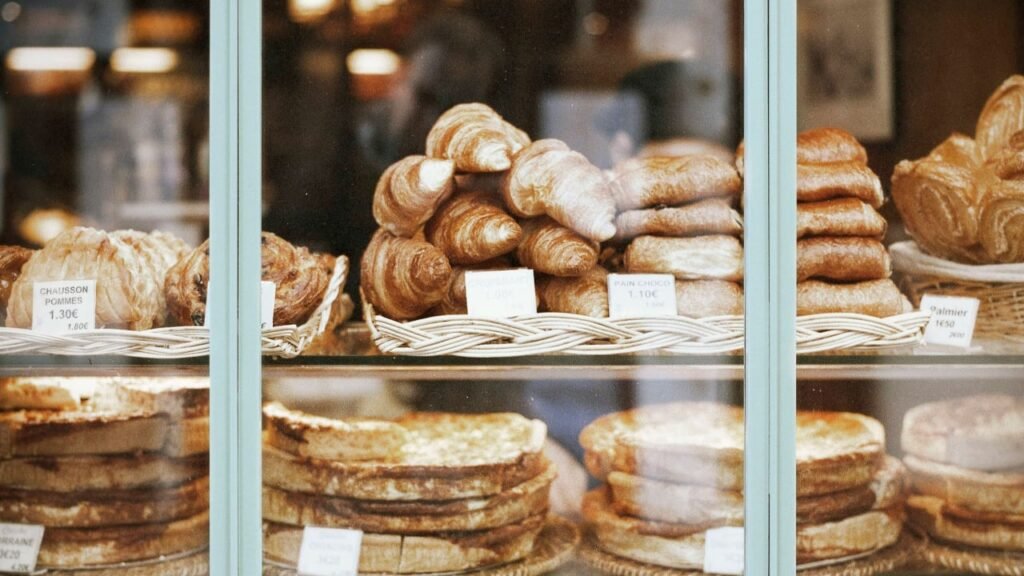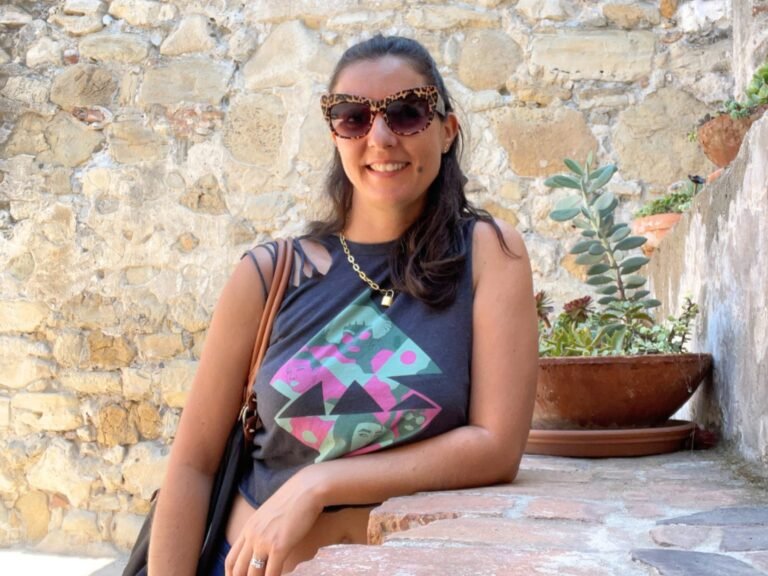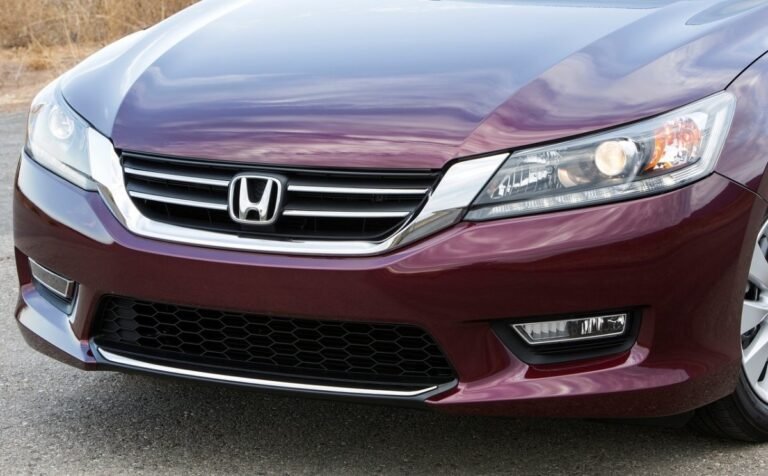
How far would you travel in search of a sweet treat?
“Bakery tourism” is on the rise, with more and more people traveling—sometimes across the globe—in search of the perfect flaky croissant or artisan bun they spotted online. Long lines aren’t a deterrent; in fact, they’re often part of the appeal. A crowd signals you’ve found the right spot.
Jessica Morgan-Helliwell, 26, and her mother, Louise Church, 48, are two self-proclaimed “bakery tourists.” They visit at least one new artisan bakery every weekend and have even planned entire international trips around bucket-list pastry spots. “Having that shared interest is really lovely, and we get to explore lovely places along the way—and eat some really good food,” the pair told the New York Post.
They’re not alone. As younger generations swap binge drinking for early morning pastry runs, independent bakeries are having a major moment. Social media drives the trend, with itineraries crafted from viral videos documenting Paris croissant crawls, East London bakery tours, bucket-list eateries in Seoul, and taste tests of classic Filipino pastries.
The treats themselves are often inventive takes on the familiar: cube-shaped croissants, croissant-shaped cookies, pastries filled with fruit, or ones styled to look like fruit. Most are mouthwatering. Some are clearly engineered for the algorithm.
These viral baked goods rarely come cheap. But they reflect our growing appetite for small indulgences, a phenomenon known as the “lipstick effect.” Even during economic downturns, a splurge on an $8 almond croissant feels manageable in comparison with a pricey dinner out.
Spending on small luxuries can also offer emotional benefits. Studies show that doing so can restore a sense of control, ease sadness, and create a sense of accomplishment. According to the British Baker website, 80% of Gen Zers say a daily sweet treat boosts their mental health—a continuation of what journalist Imogen West-Knights dubbed “treat brain” back in 2021 during the pandemic.
“Treats can act as a temporary Band-Aid over a deeper need,” West-Knights wrote for the Financial Times. “When we are very tired—say, because we’re juggling homeschooling and a job—what we might really need is more sleep. But if we can’t get it, a more easily available source of comfort might be chocolate or wine.”
Or, of course, a flaky, sugar-dusted pastry.
Whether you’re on a bakery crawl through Copenhagen or just visiting a new viral spot in your neighborhood, getting coffee and a sweet treat has become an event in itself. Any excuse to get out of the house and break bread.






